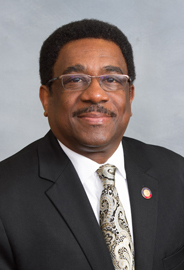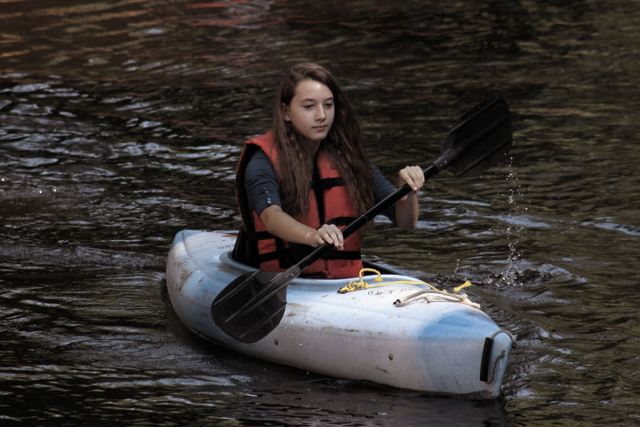LAURINBURG — In addition to selecting which local, state, and federal candidates will move forward to the November general election, voters in this month’s primary will also decide whether or not North Carolina will issue $2 billion in bonds for statewide capital and infrastructure improvements.
To be eligible for low-interest general obligation bonds, the N.C. General Assembly has placed the Connect NC bond referendum on the primary ballot in the hopes of funding new and upgraded facilities for the state’s universities, community colleges, National Guard facilities, agriculture, and public safety.
Scotland County’s three state representatives — state Sen. Tom McInnis (R-Richmond), state Rep. Garland Pierce (D-Scotland), and state Rep. Ken Goodman (D-Richmond) — all support the bond, which would cover projects in 76 counties.
“I think we’re a great state and we can do great things, and we’ve got to be sure that our infrastructure is there for generations yet unborn and will be sound going forward,” said Pierce. “We’ve had bonds in the past and we’ve been successful in paying those bonds back, so I don’t think this time is any different. The economy is better and I believe we will have the resources and funds to pay it back.”
Local to Scotland County, the Connect NC bond would fund $7.2 million in improvements at Richmond Community College, $23 million for a new business school at UNC-Pembroke, and $2.6 million to the Lumber River State Park.
Additionally, the bonds would provide $309 million in grants for water and sewer improvements statewide, which will likely benefit rural counties.
“Water and sewer are very important issues particularly in our rural areas and our cities and towns,” Pierce said. “If you don’t invest back into the state and those resources that we have, we could find ourselves like Flint, Michigan with water problems.”
Since the state last passed a bond package 15 years ago, North Carolina’s population has grown by nearly 2 million. Lawmakers say that the state is coming to the end of debt repayment and can take on a new bond package without imposing new taxes.
“With the current cash flow the state has already built in for the payments of the previous bond referendum, so we would just extend that payment amount to cover the new bonds, again with no difference in the taxing structure of the state because it’s already built into the cash flow,” said McInnis.
“I’m a very enthusiastic supporter of the bond package,” said Goodman. “At the end of four years the state of North Carolina will owe less money even after passing the bond package than it does today. It keeps the state’s bond debt well below the numbers that people say are practical and it really does a lot of good things for the state of North Carolina.”
The bond package is slated to be paid off within 25 years, while the improvements it funds will be useful two or three times longer.
The Connect NC bonds do not cover transportation, an issue which McInnis said the state has taken steps to address with slight fee increases and by limiting the transfer of funds between the state’s transportation and general funds.
“Everything is project-specific in the bond referendum with the exception of the community colleges are given a specific amount of money per college to use at their discretion for their most pressing needs,” said McInnis.
According to Richmond Community College president Dale McInnis, the $7.2 million the community college is in line to receive should the referendum succeed will be used in Laurinburg as well as on the main Hamlet campus.
“In Scotland County we’re committed to expanding our footprint through the acquisition and renovation of the Morgan Center adjacent to our campus,” he said. “That’s a joint project with the county and that will be a shared use facility with the county and the college.”
RCC has already received a Golden LEAF grant for use in converting the Morgan Center to a clinical teaching facility for its nursing program.
In the General Assembly, the Connect NC bond proposal has the support of legislators on both sides of the aisle.
“The original package when it first came out in the General Assembly was quite a bit bigger than this, but the members pared it down,” said Goodman. “It is a very manageable bond in terms of paying for it. The state is growing very rapidly and we’ve got to keep up with that growth and we’ve got to provide the facilities necessary for a prosperous and growing state.”
A full list of bond projects can be found at connect.nc.gov.
Mary Katherine Murphy can be reached at 910-506-3169.




